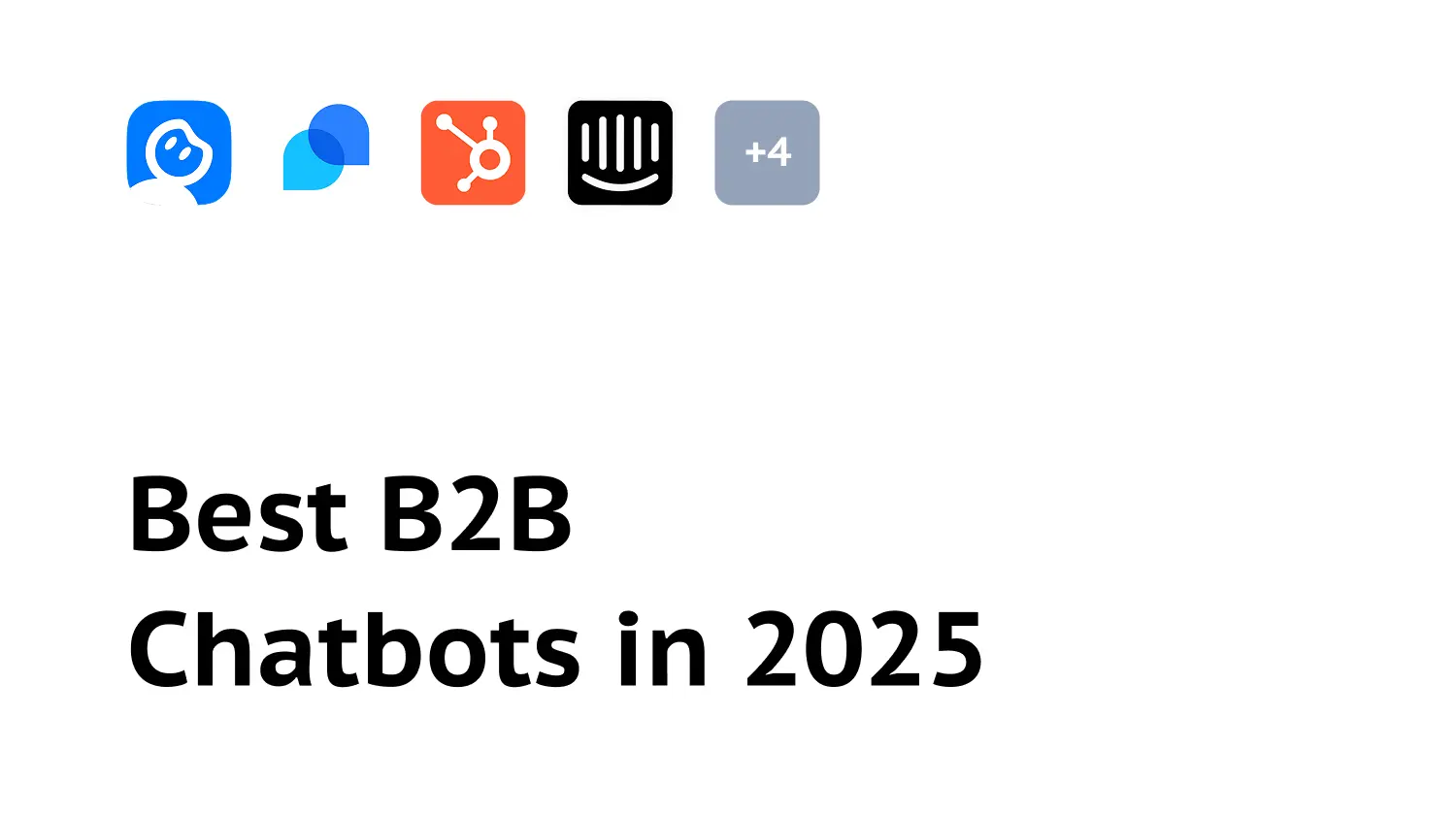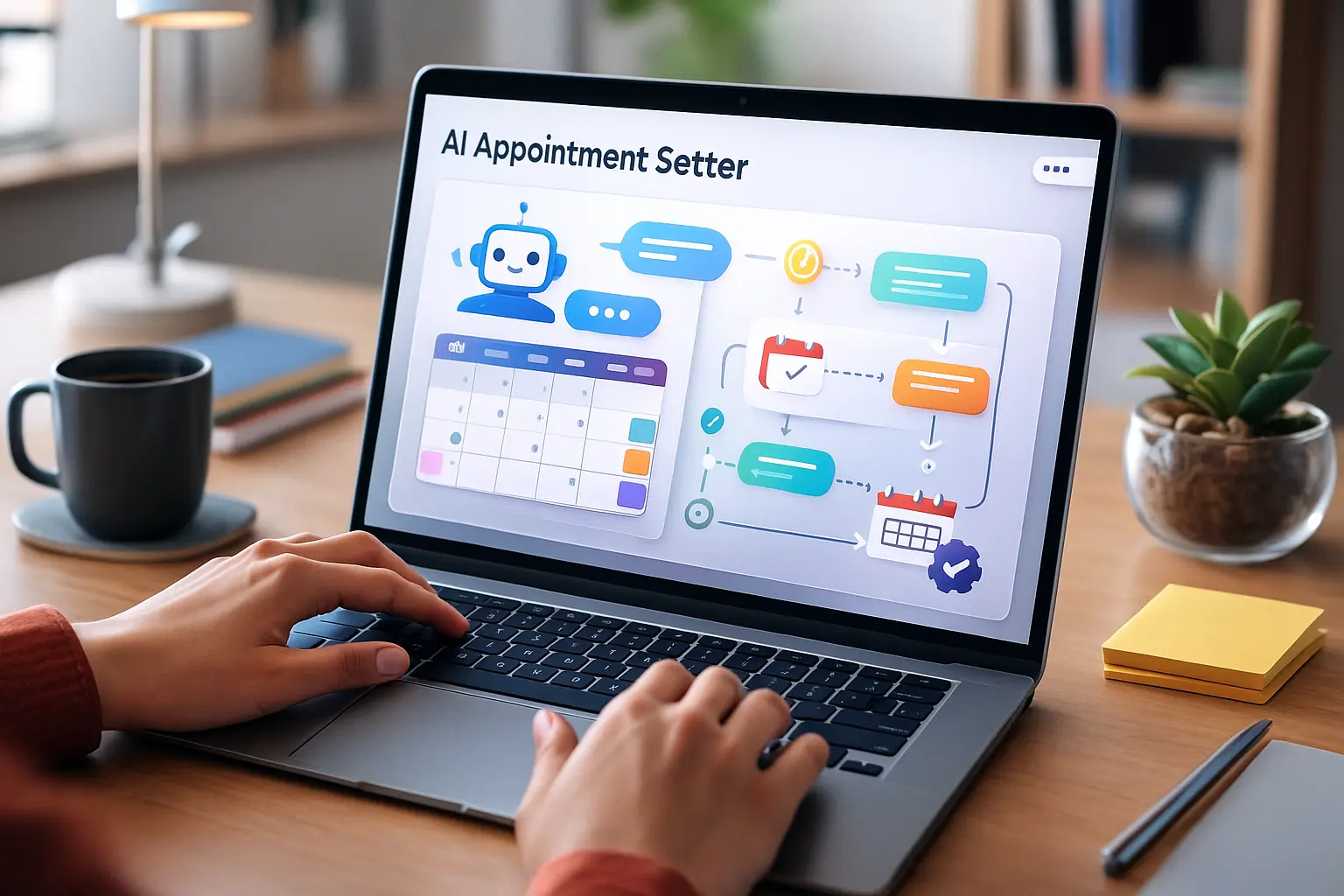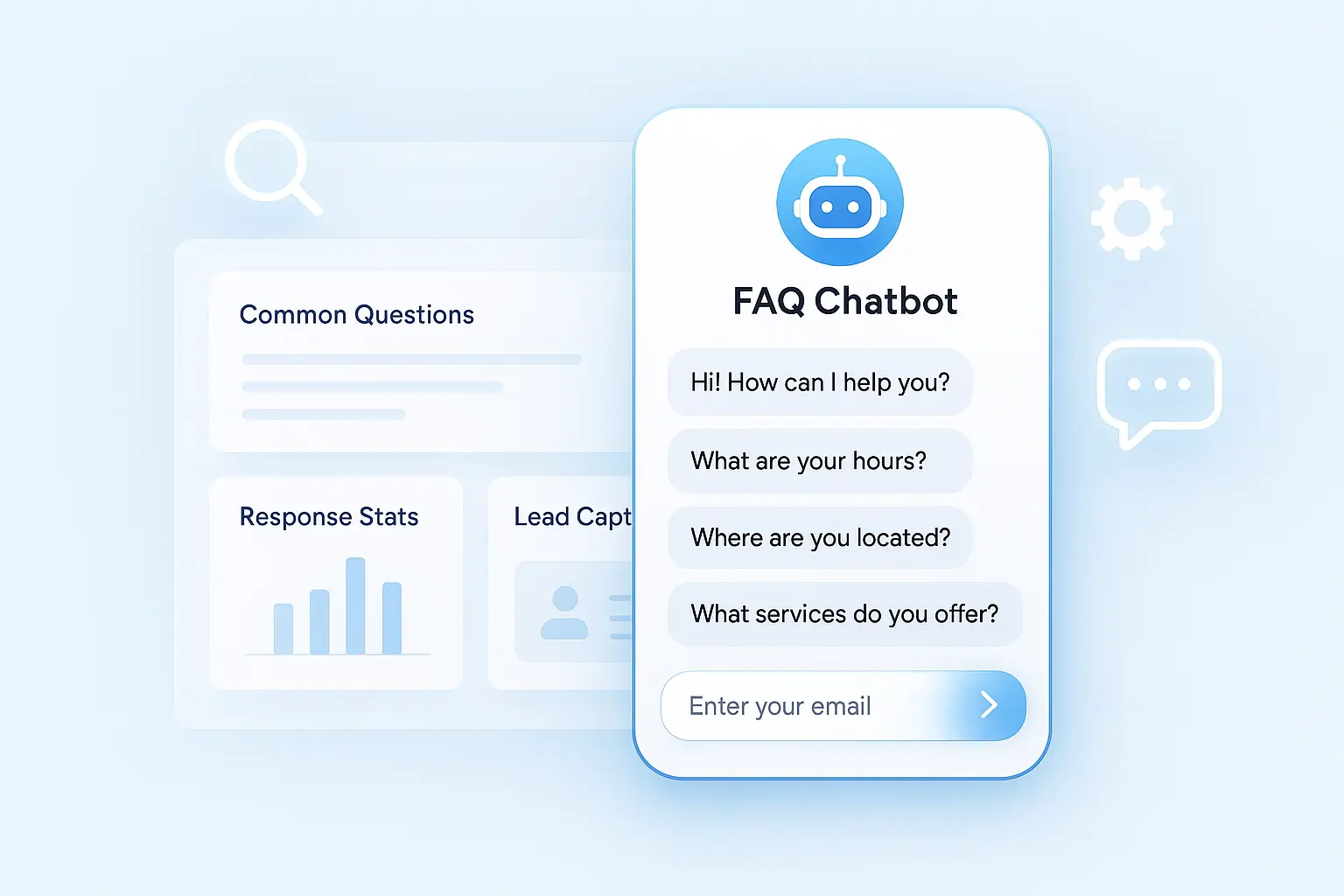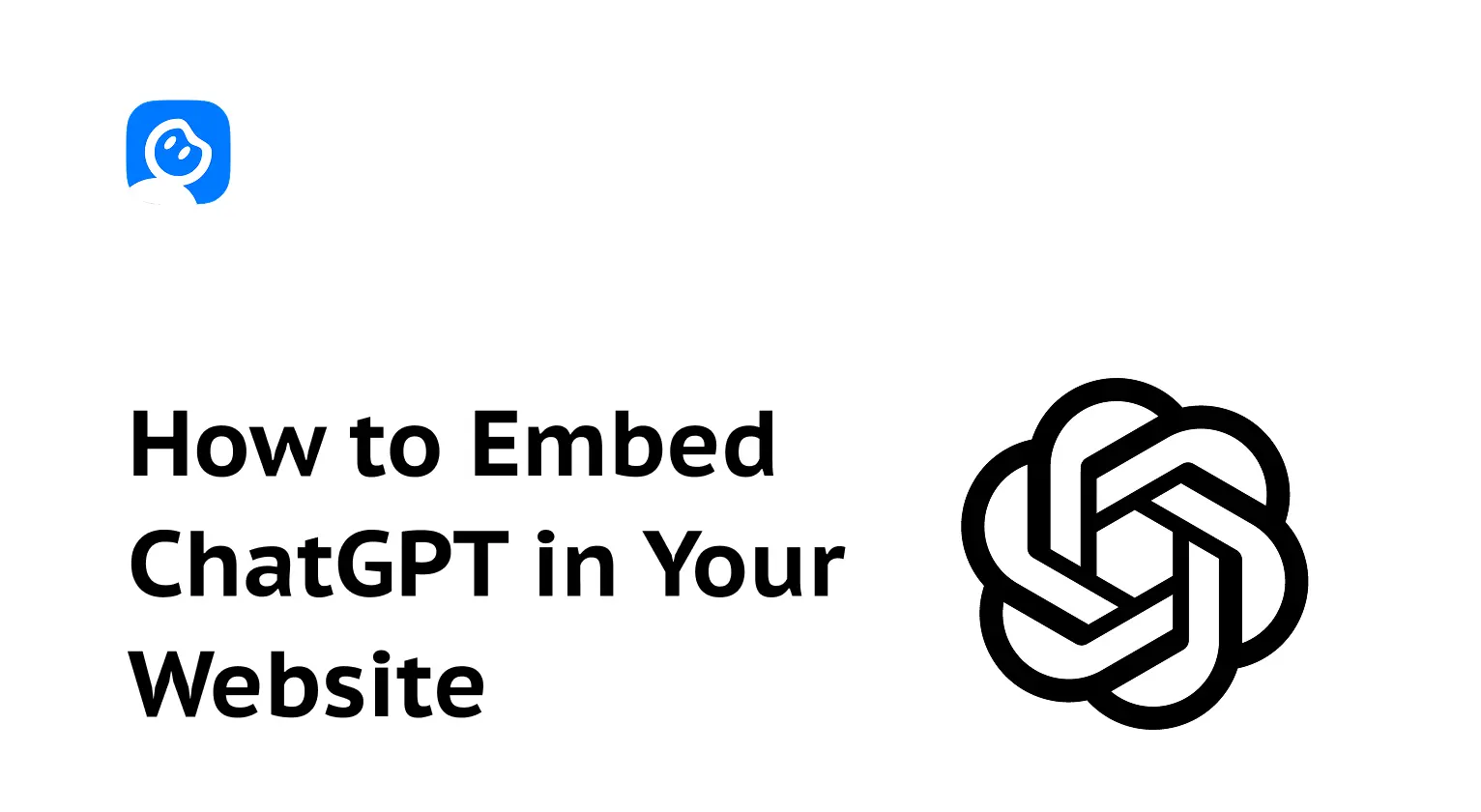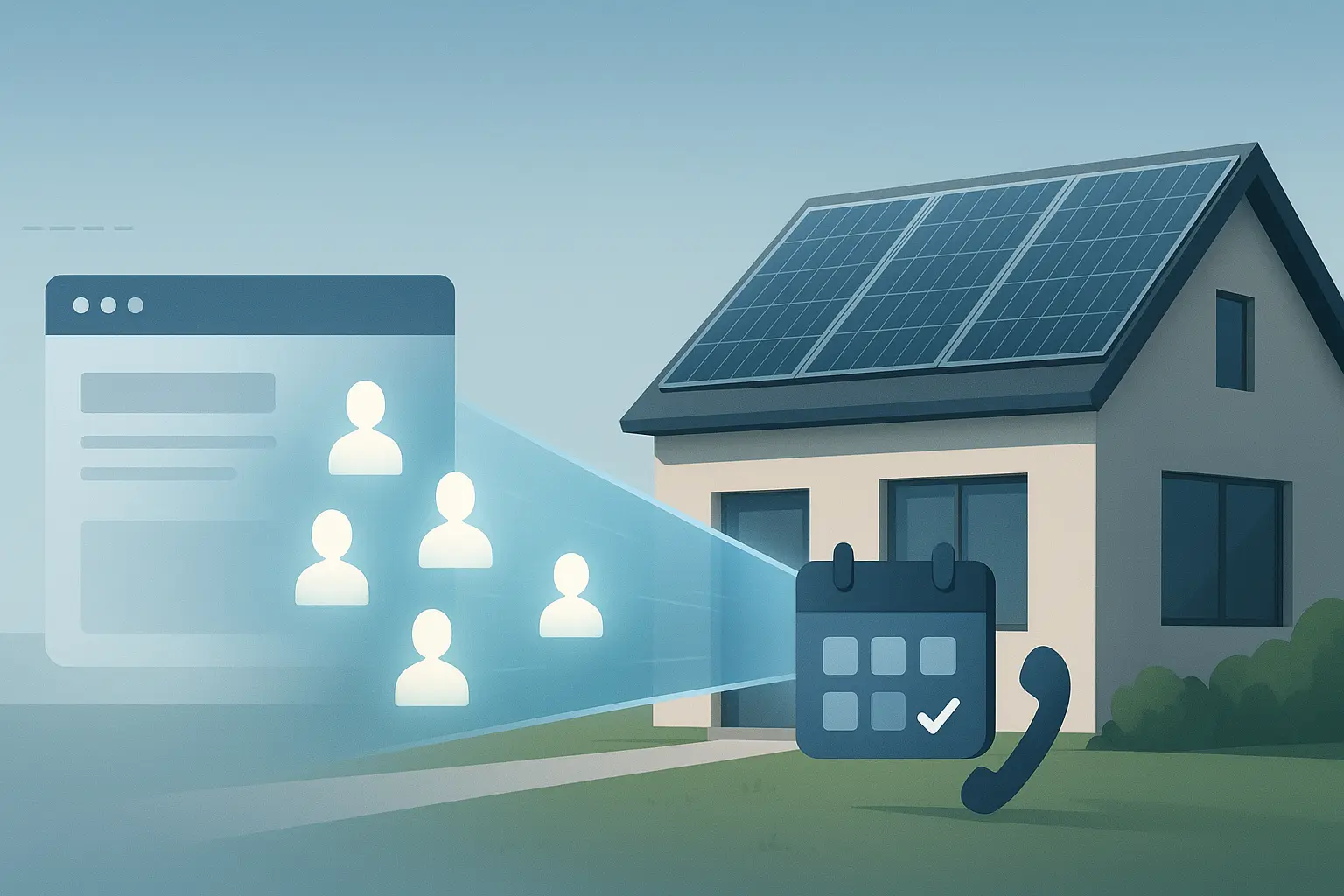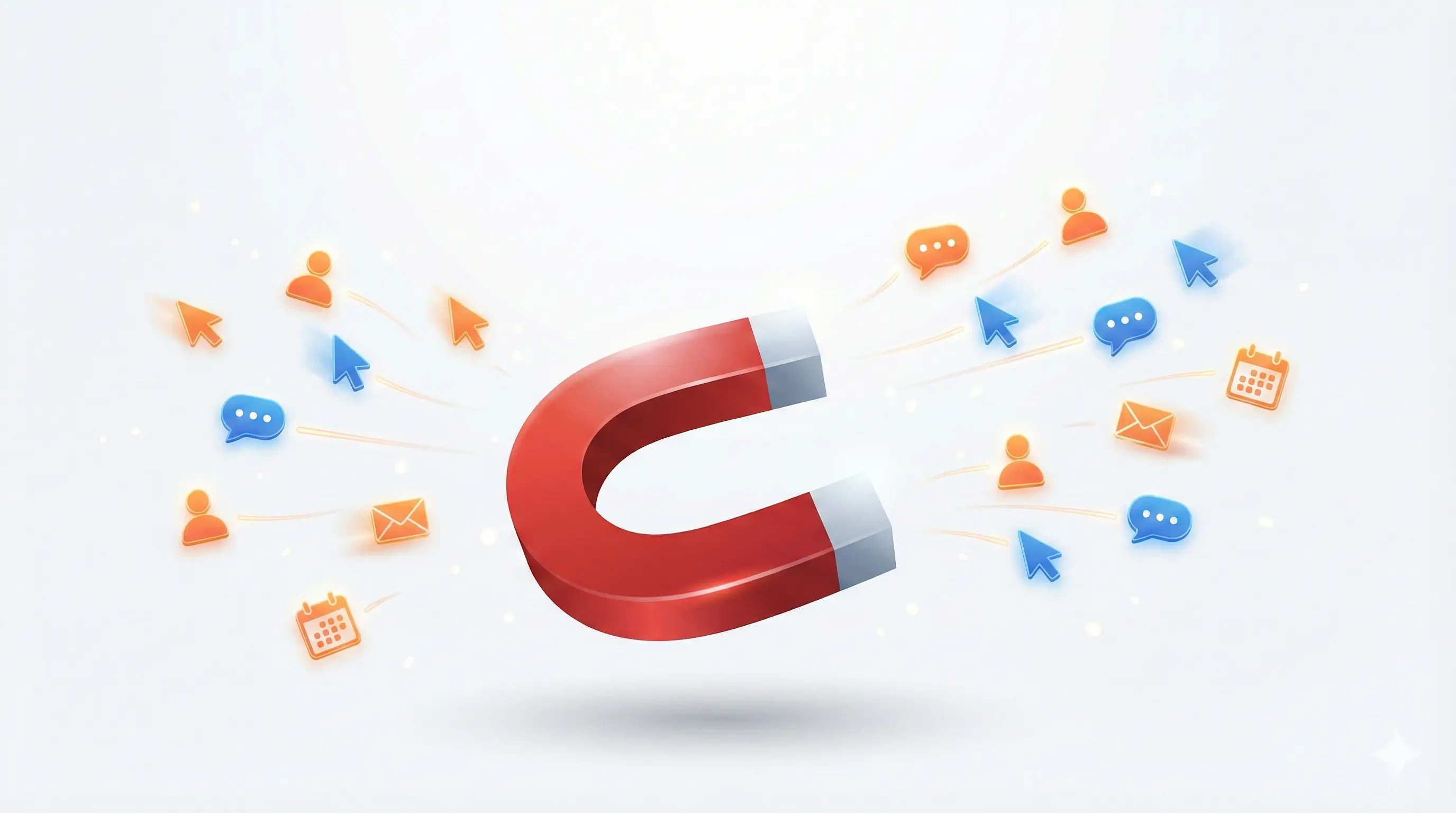AI Appoinment Setter vs Human Setter: Clear Tradeoffs
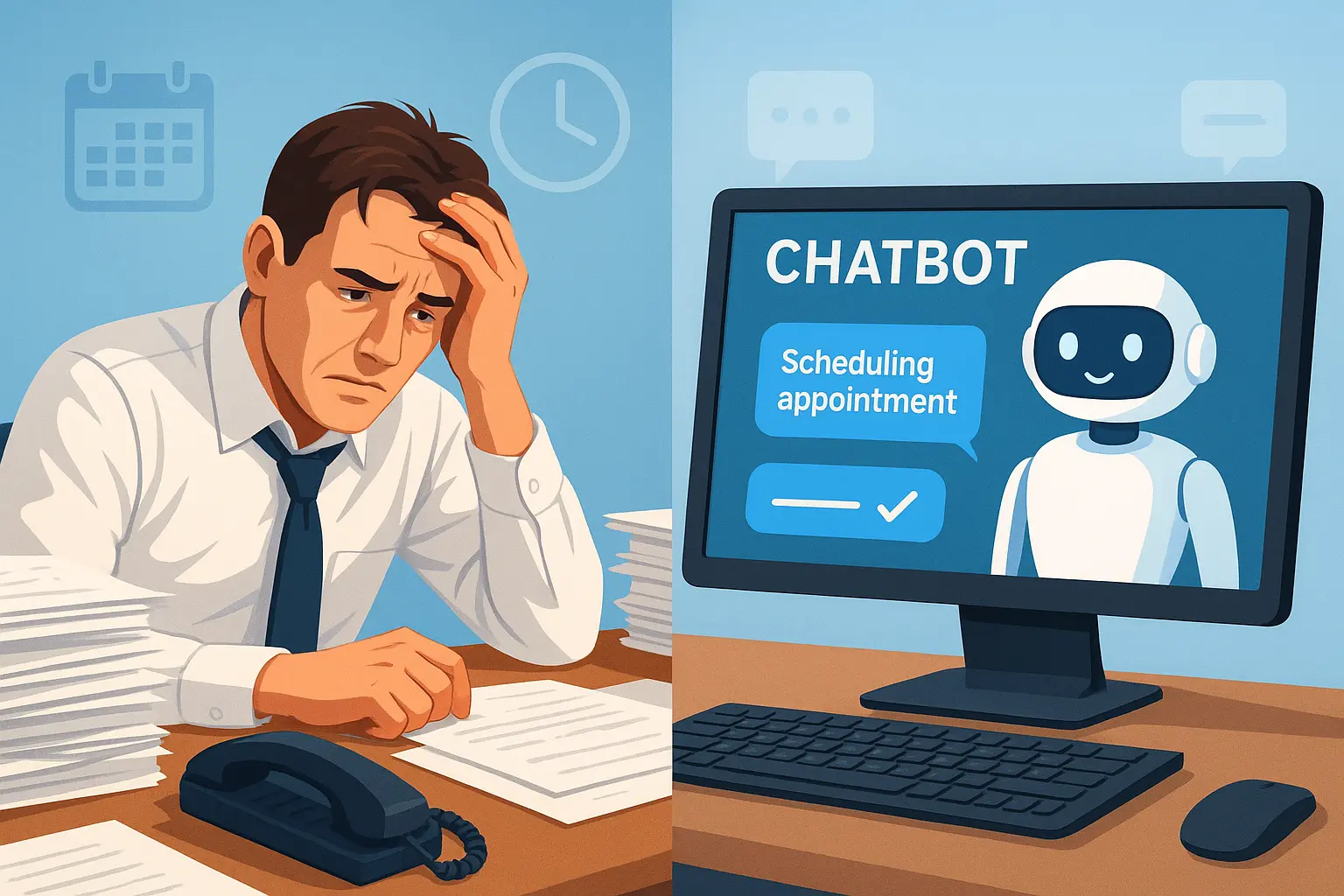
Summarize content with
So you're thinking about automating your appointment setting. Smart move—and honestly, you're probably later to this than you should be.
I've seen both sides of this. AI appointment setters are quietly outperforming human teams in ways most business owners don't even realize yet. The key is understanding where each approach actually makes sense.
Cost spread
Let's start with the obvious one: money.
A human appointment setter typically costs between $3,000 and $5,000 per month if you hire them full-time. Add benefits, training time, management overhead, and you're looking at closer to $6,000-$7,000 all-in. Part-time or freelance? You might get that down to $2,000-$3,000, but you're also getting less availability.
AI appointment setters run anywhere from $200 to $1,500 per month depending on volume and features. Some platforms charge per conversation or per booked appointment instead, which can be even more cost-effective.
Here's what most people miss: the real cost difference shows up in volume. A human setter might book 30-50 appointments per month. An AI can handle 500+ conversations without breaking a sweat. So your cost per booked appointment drops from $100-150 with a human to $5-20 with AI.
And unlike humans, AI doesn't need training time, onboarding, or management. You're not paying for sick days, vacation time, or the three weeks it takes someone to get up to speed. The economics just make sense.
Speed and consistency
This is where AI completely changes the game.
A human setter works 8 hours a day, maybe 10 if they're pushing it. AI works 24/7. Someone fills out a form at 2 AM? AI responds in 30 seconds. Weekend lead? Handled. Holiday? Already booked.
Speed matters more than most people realize. Studies show that responding to a lead within 5 minutes makes you 100x more likely to convert them than waiting an hour. A human can't do that. They're in another call, at lunch, or asleep. AI responds instantly, every single time.
But it's not just speed. It's consistency. AI delivers the exact same quality experience on conversation #1 and conversation #500. Same tone, same questions, same follow-up sequence. No bad days. No forgetting to ask qualifying questions. No letting someone slip through because they were chatty and likeable.
Humans have good days and bad days. Their energy drops by hour 7. They get distracted. One setter might have a 30% booking rate while another has 15%, using the exact same script. With AI, if it works once, it works every time.
Modern AI can also read tone and adapt responses. It picks up on buying signals and hesitation. It knows when to push and when to give space. The idea that AI is "robotic" is outdated. Good AI sounds more natural than most human setters reading from a script.
Lead quality impact
Here's something interesting: AI often improves lead quality, not hurts it.
Why? Because AI asks the same qualifying questions every single time. It never forgets to check budget. It never skips timeline questions because it got caught up chatting. It doesn't let people smooth-talk their way past important filters.
Humans get swayed. Someone sounds excited, and they book the appointment even though the person clearly said they're "just researching" and won't buy for six months. AI doesn't care about being liked. It follows the process.
AI also follows up relentlessly, which is where most humans completely fail. A human might follow up once, maybe twice. Then they get busy with new leads and forget. AI will follow up on day 3, day 7, day 14, day 30 without ever getting tired or distracted. This turns cold leads into booked appointments that humans would have lost.
The show-up rate concern is overblown. If your AI is properly trained and qualifying correctly, show-up rates are comparable to humans. And even if they dip slightly, you're booking 3-5x more appointments, so you still come out way ahead.
The best part? AI gets better over time. You can analyze conversations, see what works, and update the approach instantly across all future leads. With humans, you're constantly retraining and hoping they actually implement your feedback.
When humans still win
Let's be honest about where humans still have an edge.
Ultra high-ticket sales. If you're selling something over $50,000, some buyers still prefer talking to a person for that initial contact. Though this is changing faster than you think.
Brand new businesses. If you're still figuring out your offer, your positioning, and what questions even matter, you need a human who can experiment and give you feedback. AI executes a process. Humans can help you discover what that process should be.
Highly emotional purchases. Things like therapy or grief counseling where empathy and emotional intelligence are core to the service itself. These relationships start with human connection.
That's about it, honestly. The list of things humans do better keeps shrinking.
When AI wins
Pretty much everywhere else, if we're being real.
High volume lead flow. If you're getting 50+ leads per month, AI isn't optional anymore. It's the only way to respond fast enough to all of them.
After-hours leads. Most leads come in outside business hours. AI that responds in 60 seconds will crush a human who responds next morning. By then, they've already called your competitor.
Simple to moderate complexity. Sales calls, consultations, demos, discovery calls—AI handles these beautifully. If you can write down the qualifying questions, AI can ask them better than most humans.
Consistent follow-up. This is where humans completely fail and AI dominates. AI never forgets a follow-up. Never gets distracted by newer, shinier leads. Never decides someone "probably isn't interested" and gives up.
When you've got a proven process. If you know what works, AI executes it perfectly every single time. No deviation. No "I thought I'd try something different." Just consistent execution.
Budget constraints. An AI booking 20-30 appointments per month for $300-500 beats hiring nobody because you can't afford $4,000/month for a human.
Scaling quickly. Need to double your appointment volume next month? With humans, you're hiring, training, and hoping. With AI, you just turn it on for more leads.
Implement AI appointment setter
If you've decided AI makes sense (and it probably does), here's the reality: most AI appointment tools either cost a fortune or require you to become a developer.
That's exactly why we built LeadJot.
We saw too many businesses stuck paying $2,000+/month for human setters who couldn't respond fast enough, forgot to follow up, and only worked 40 hours a week. The existing AI tools were either too expensive or too complicated to actually implement.
Here's how to think about implementing AI appointment setting:
Document your process first. What questions do you ask? What disqualifies someone? What information do you need before booking? Write it down. LeadJot makes this easy by letting you set up your qualification flow in plain English.
Pick something that actually works out of the box. Don't overcomplicate it. If you're booking consultations, demos, or sales calls, you don't need a custom-built enterprise solution. You need something that connects to your calendar and starts booking. That's what LeadJot does: respond to leads instantly, qualify them with your questions, captures their contact information and gets them on your calendar.
Train it on your voice. The best AI sounds like you, not a robot. Tell it how you talk to leads. What tone do you use? What matters to your customers? With LeadJot, you customize the conversation to match exactly how you'd qualify someone yourself.
Set it live and monitor. Run it on your real leads for two weeks. Check the conversations. See where people book and where they drop off. Adjust the questions or flow. Then scale. LeadJot gives you full transcripts so you see exactly what's happening.
Track what matters. Booking rate, show-up rate, conversion to customer. Track it all in one place so you know what's working. If something's off, you can fix it immediately instead of guessing.
Let it run. The beauty of AI is that once it's working, it just keeps working. No sick days. No vacation coverage. No performance reviews. Just consistent appointment booking, 24/7.
At LeadJot, we've removed all the annoying setup work. You tell us what questions matter, train your chatbot on your business data, enable chatbot actions (meeting booking, lead capture, etc.) and it starts working. No coding. No $3,000 implementation fee. Just AI that books appointments while you sleep.
The biggest advantage? You can test it for free for 7 days. See how many appointments it books. Compare that to what you're doing now. The numbers usually speak for themselves.
One more thing: you don't have to choose between AI and humans forever. Some businesses use AI for 90% of leads and humans for the handful that need extra attention. Others use AI after hours and humans during the day (though this usually proves AI works so well they drop the humans entirely).
The real question isn't "AI or human?" It's "how fast do I want to respond to my leads, and how consistently do I want to follow up?"
If the answer is "instantly" and "every single time," you need AI. And if that sounds like you, check out what we're building at LeadJot.
We're not trying to replace your entire sales team. We're making sure you never lose another lead because someone filled out a form at 9 PM on Saturday and nobody responded until Monday morning. By then, they've already booked with your competitor.
Your leads are ready to book now. Your AI should be too. See how LeadJot works.
